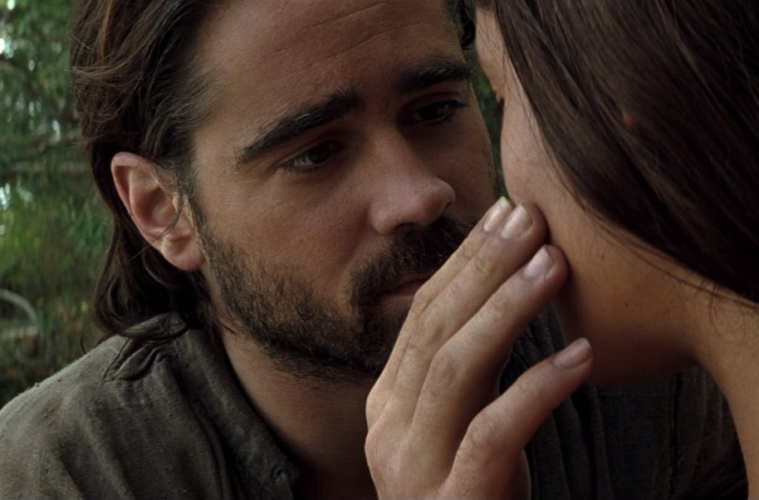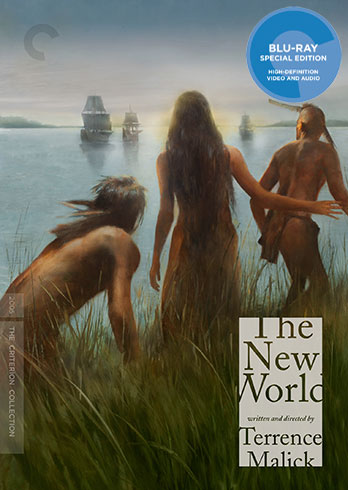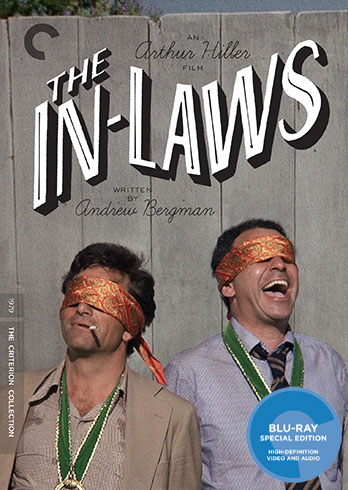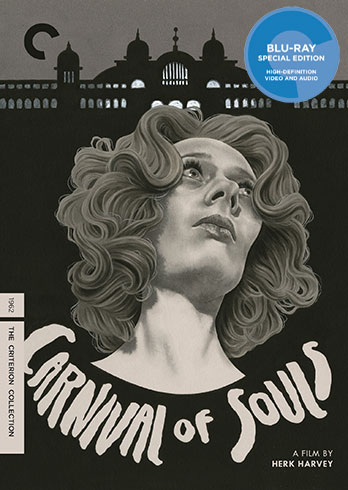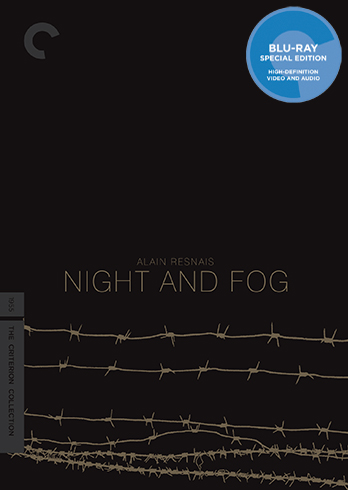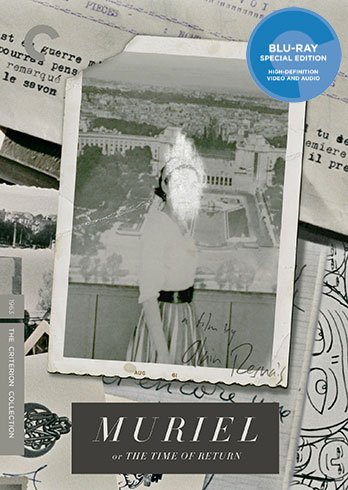
Dailies is a round-up of essential film writing, news bits, videos, and other highlights from across the Internet. If you’d like to submit a piece for consideration, get in touch with us in the comments below or on Twitter at @TheFilmStage.
The Criterion Collection has unveiled its July 2016 line-up (click covers for more details):
Speaking of Criterion, Joachim Trier visits the closet:
The New Yorker‘s Richard Brody on when the Maysles filmed the Beatles:
The birthplace of the modern American documentary is Wisconsin, where Robert Drew brought a crew in early 1960 to film the campaigns of John F. Kennedy and Hubert Humphrey in that state’s Democratic Presidential primary. Albert Maysles was the cinematographer of its most iconic sequence, a long hand-held tracking shot following Kennedy from backstage to a lectern. There, Maysles caught Kennedy in the magic moment—the transformation from private to public, from casual manner to stage manner. Yet Drew’s fundamental insight is the unified field of cinematic activity—in a word, the filmmakers are present and are an inextricable part of the proceedings that they film. Everything that takes place in front of the camera—and, for that matter, behind it—is a performance, even the ordinary activities of ordinary people.
Watch Martin Scorsese, Robert Bresson, Claire Denis, David Lynch, Jean Cocteau, Ingmar Bergman, Nuri Bilge Ceylan, Andrei Tarkovsky and more discuss the meaning of cinema:
BFI‘s Leigh Singer on where to begin with Hirokazu Koreeda:
Despite a critically acclaimed, award-laden career stretching over 20 years, Japan’s Hirokazu Koreeda probably remains a household name only to more hardcore cinephiles. And though most of his work regularly graces major international film festivals (his 1995 debut feature Maborosi won a prize at Venice and he’s been in competition five times at Cannes, winning 2013’s Jury prize for Like Father, like Son) and garners international distribution, he’s never had the breakout foreign-language success of an Amelie (2001) or Pan’s Labyrinth (2006), nor accrued the vocal cult following of auteurs like Wong Kar-wai or Pedro Almodóvar.
Watch a video on the sound in No Country For Old Men:
In one of the most important pieces of journalism published this year, Jordan Hoffman writes about how James Cameron made him poop his pants at Thrillist:
This is where it becomes important to remember it’s 2009. For me to record a phone call for eventual transcription, I had to pull a Linda Tripp and attach a little doohickey from Radio Shack onto my (cough) land line telephone. Or I would have if I had a modern phone — mine was vintage. For whatever reason, I couldn’t record off of it. Not a problem. In times of special need, I would drag out an enormous late-’80s fax machine that fit my recorder. Because the fax machine has a short, specific phone jack, I could only plug it in on the very far end of my sizable railroad apartment. Keep this image in mind.

